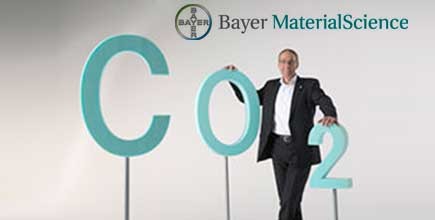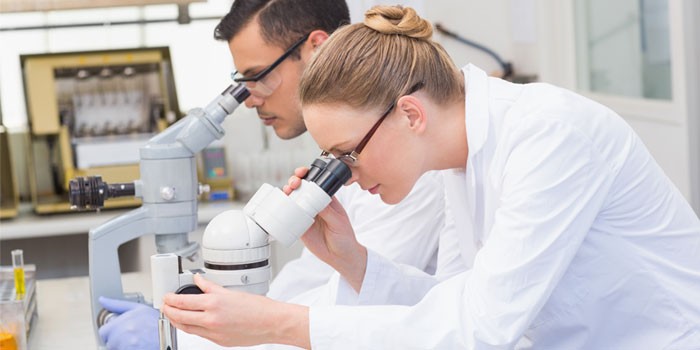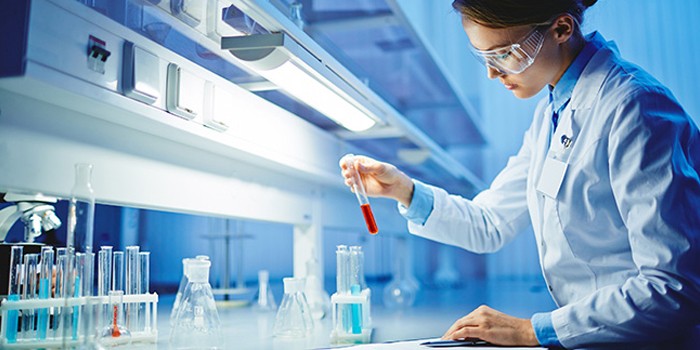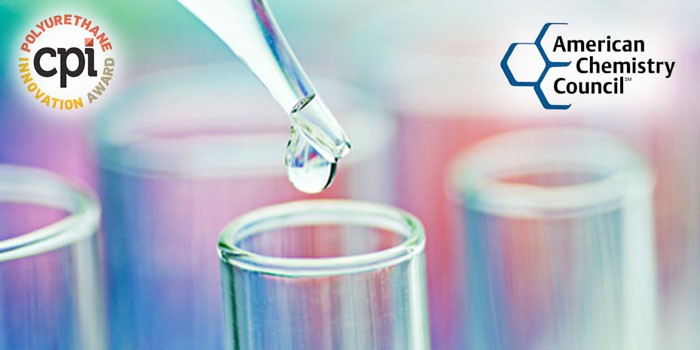New Successes for Bayer’s CO2 Research

LEVERKUSEN, GERMANY – September 17, 2014 – Bayer MaterialScience's research into carbon dioxide as a new raw material for making plastics is delivering further successes. In laboratory tests, the company has succeeded in significantly further reducing the need for petroleum at precursor level through the incorporation of CO2. Plastics and their components are normally based entirely on oil. The new process also extends the range of plastics that CO2 can be used to produce. This is the result of the Dream Polymers research project in which Bayer MaterialScience is continuing its activities to find new uses for CO2.
A technology using the greenhouse gas to produce a key component for high-quality foam (polyurethane) is already moving toward commercial use. The proportion of petroleum in this chemical is 80 percent. "We have now succeeded in reducing the petroleum content for making other plastics to just 60 percent," says Project Manager Dr. Christoph Gürtler.
Twofold Use
Carbon dioxide is used twice in the new process. First, the greenhouse gas is incorporated directly into a new kind of precursor (polyoxymethylene polycarbonate polyol), replacing 20 percent of the petroleum. Second, it is also used indirectly, producing a chemical that is also incorporated into the precursor for a further 20 percent saving in petroleum. "As a result, the proportion of alternative raw materials is already 40 percent," remarks Gürtler.
In addition to this, the number of plastics that can be produced using carbon dioxide is increasing. "It is now also possible to manufacture thermoplastic polyurethanes, films and casting elastomers in this way," says Gürtler. Such plastics are used in all kinds of applications, including automotive interiors, cable sheathing and sporting goods such as ski boots.
Positive Tests
The researchers have already proved in laboratory tests that the manufacturing process works in principle. "Initial application tests have been positive," confirms Gürtler, but he adds that there is some way to go before the process is commercially viable.
Dream Polymers is being supported by the German Federal Ministry of Education and Research. External institutions in Germany such as the CAT Catalytic Center, the Leibniz Institute for Catalysis and the Fraunhofer Institute for Chemical Technology are also involved.
Bayer MaterialScience sees itself as a pioneer when it comes to future applications for CO2. As part of its Dream Production project, which has already been in progress for some time, the company aims to use carbon dioxide as a component for flexible polyurethane foam at the Dormagen site from 2016 onward. The new material will initially be used to make mattresses.
About Bayer MaterialScience: With 2013 sales of EUR 11.2 billion, Bayer MaterialScience is among the world's largest polymer companies. Business activities are focused on the manufacture of high-tech polymer materials and the development of innovative solutions for products used in many areas of daily life. The main segments served are the automotive, electrical and electronics, construction and the sports and leisure industries. At the end of 2013, Bayer MaterialScience had 30 production sites and employed approximately 14,300 people around the globe. Bayer MaterialScience is a Bayer Group company. For more information on BayerMaterialScience, please use the contact information and link provided below.
Forward-Looking Statements: This release may contain forward-looking statements based on current assumptions and forecasts made by Bayer Group or subgroup management. Various known and unknown risks, uncertainties and other factors could lead to material differences between the actual future results, financial situation, development or performance of the company and the estimates given here. These factors include those discussed in Bayer's public reports which are available on the Bayer website at www.bayer.com. The company assumes no liability whatsoever to update these forward-looking statements or to conform them to future events or developments.
Disqus website name not provided.









































